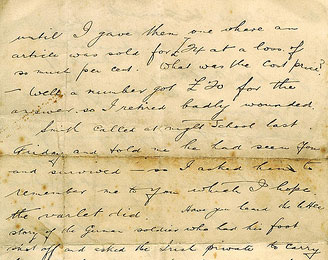
I’m writing a book!!! I’m very excited about this. Ever since I wrote ‘Monkeys’ – my powerfully insightful poem about the nature of monkeys – at the age of 7, I’ve fantasised about writing a book.
Now, at the age of 32, I have my first opportunity to write a book, and it’s really exciting. I’m already learning that writing books is a hard slog, and often a not-very-profitable-slog. But that doesn’t matter. I’m writing a book about freelancing, a subject that ranks quite highly on the list of things I’m passionate about, so writing the book will be a joyous, delightful experience (I say that now…).
Thanks to everyone who has helped me learn about being a freelancer – especially the clients who have challenged me and my fellow freelancers, particularly the enterprising men and women of The Farm and latterly my fellow WriteClubbers (and the lovely Ellen de Vries who counselled me to leave my job), who’ve indulged me with stacks of free advice and sympathetic ears.
I’ll keep you posted on the book’s progress. 🙂









